Eczema affects up to 15 million people in the US and UK, and one is unlikely to ever fully recover once they are affected. Here we list 10 common signs, causes, and natural remedies for eczema. Do seek medical attention if you find yourself experiencing similar symptoms.
1. Itch

Advertisements
Itching is a symptom that all people with eczema suffer all the time, and it never goes away. There is an itch-scratch cycle, from itching to scratching, and from releasing inflammatory mediators to forming dry skin.
2. Dry Skin

Dry skin is the second most common symptom of eczema. The difference between true dry skin and dry skin caused by eczema is that the former can be improved with body milk, while the latter will not improve and will continue to peel.
3. Discolored Skin
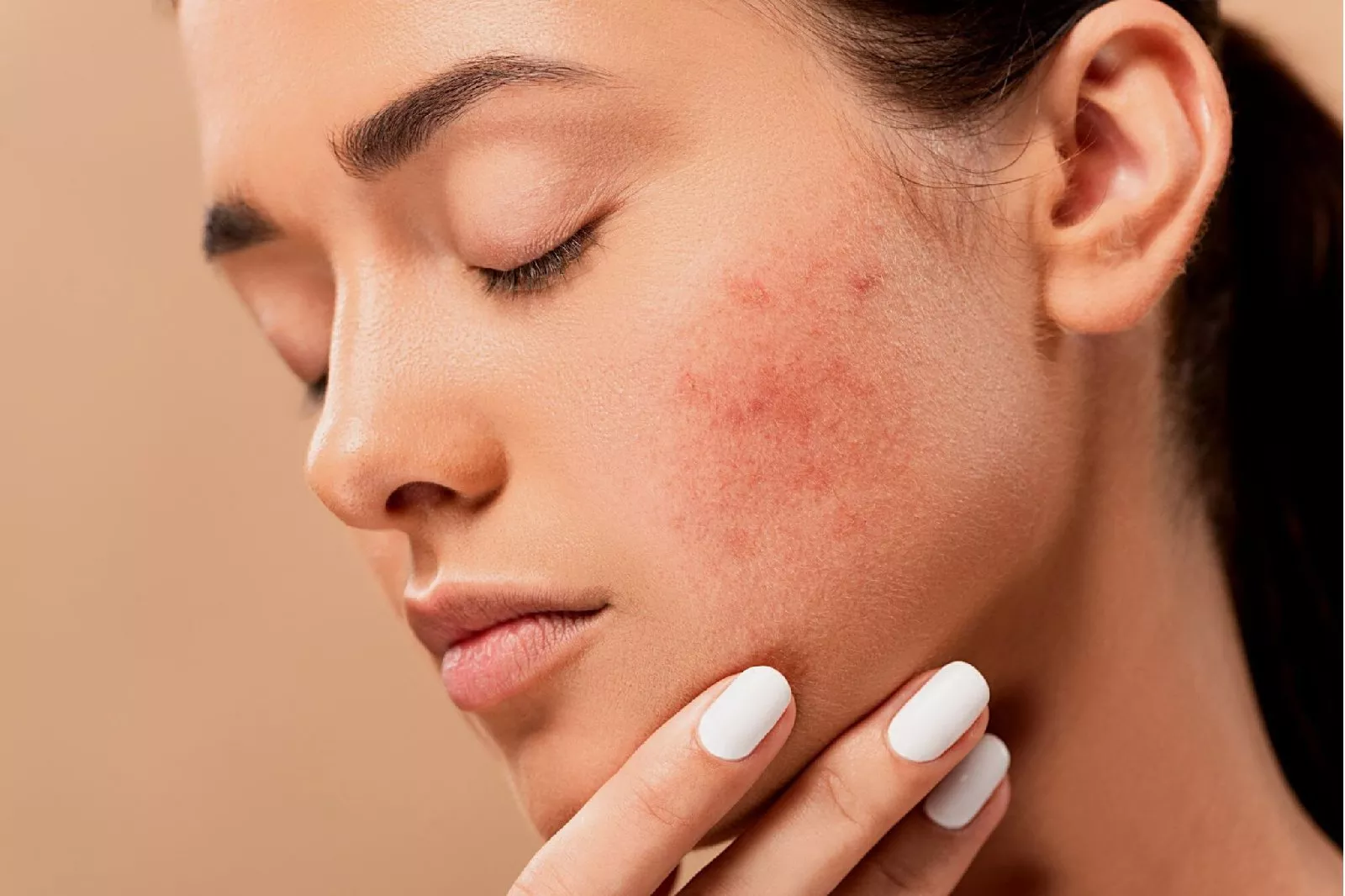
Scratching caused by itchy eczema can result in the skin turning darker or lighter. Discolored skin can last for months or years, even after the eczema has been treated.
4. Scaly Patches Of Skin
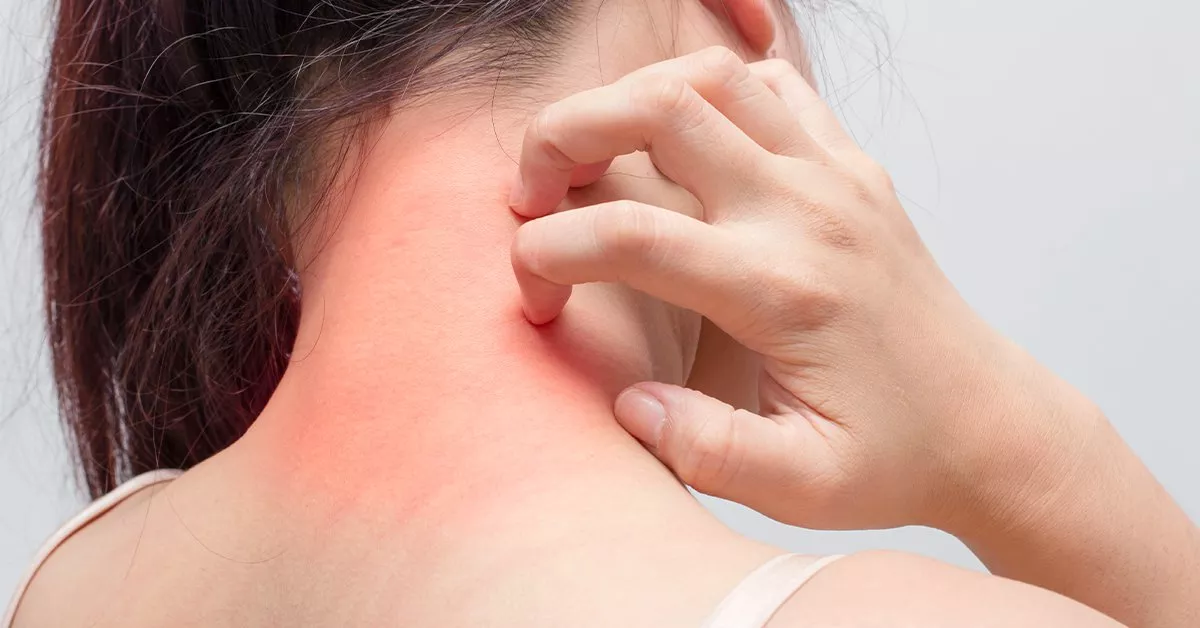
When you get eczema, thick scales form on your body, including your arms, legs, and the back of your neck. These scaly skin patches are itchy, especially when you're relaxing and sleeping. However, don't scratch it because it can bleed and get infected.
5. Diarrhea

Eczema can also trigger some other allergic reactions, such as diarrhea. This diarrhea is more common in children with eczema, who are more sensitive to foods that they then test positive for after skin prick tests.
6. Areas Of Swelling

Swelling results in your rashes and scales growing thicker, and if you scratch hard, the swollen lumps will ooze and become crusty. Also, swollen lymph nodes may be related to an eczema infection.
7. Asthma
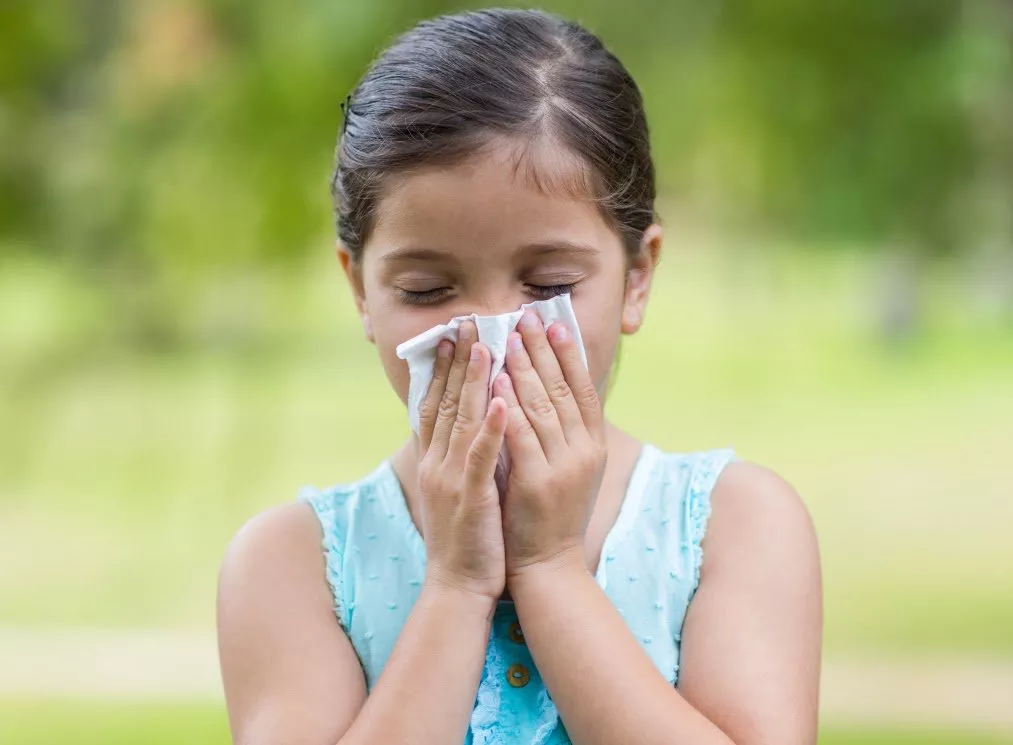
There is no direct connection between eczema and asthma, and not everyone with asthma has eczema. However, studies show that children who have eczema are more likely to develop asthma as they grow older.
8. Sleep Loss

When you’re suffering from eczema, it’s unlikely you’ll be able to enjoy a good night’s sleep. The constant itching can cause you to wake up several times a night, or even lose sleep all night. Insomnia can also lead to more severe eczema because it weakens the immune system.
9. Depression And Stress

According to studies, people with depression and stress are more affected by eczema. Stress hormones, such as cortisol, are released when a fight-or-flight body response occurs, and too much cortisol lowers your immune system and triggers an inflammatory response in your skin.
10. Mood Swings

Patients' moods are often at the mercy of eczema. As a result of the repeated and sudden onset of eczema, a patient's mood will also become volatile, and even irritable and short-tempered.
Now that we know the symptoms of eczema, let's take a look at its causes.
11. Genetics

If you have a history of dermatitis in your family, you're more likely to get eczema. In addition, there is a component in the gene that controls the protein that keeps skin healthy, and if the protein levels change, you may be more prone to eczema.
12. Immune System

You're also susceptible to eczema if your immune system overreacts to minor irritants or allergens. Such an over-reactive immune system causes itchy, painful, rash-like symptoms, which are the signs of atopic eczema.
13. Environment

The environment is another factor in eczema. Tobacco, air pollutants, and even too little or too much humidity can all cause dry, itchy skin, eventually leading to atopic eczema.
With an understanding of the symptoms and causes of eczema, we can now look at some natural remedies for eczema.
14. Aloe Vera Gel
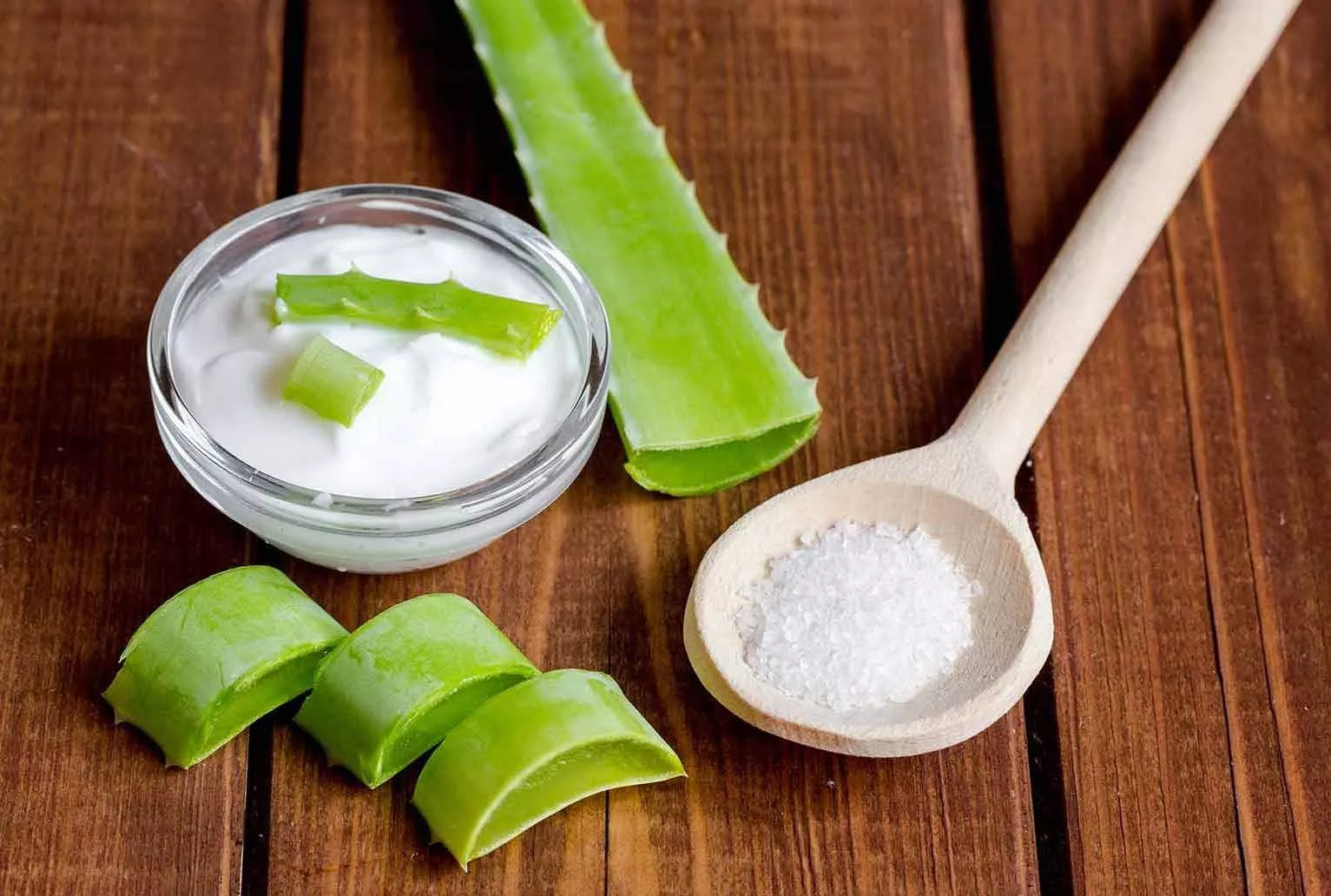
Aloe vera gel has an excellent antibacterial effect which helps in preventing skin infections, and the wound-healing effects of Aloe vera can also promote broken skin healing. Simply apply a small amount of gel to the skin and leave it to work its magic.
15. Baths

Bathing is key to treating eczema as it provides extra moisture to the skin. When a person has eczema, their skin needs more moisture than usual. Remember to shower with warm water and moisturize within 3 minutes of coming out of the bath; applying an oil-based moisturizer.
16. Tea Tree Oil
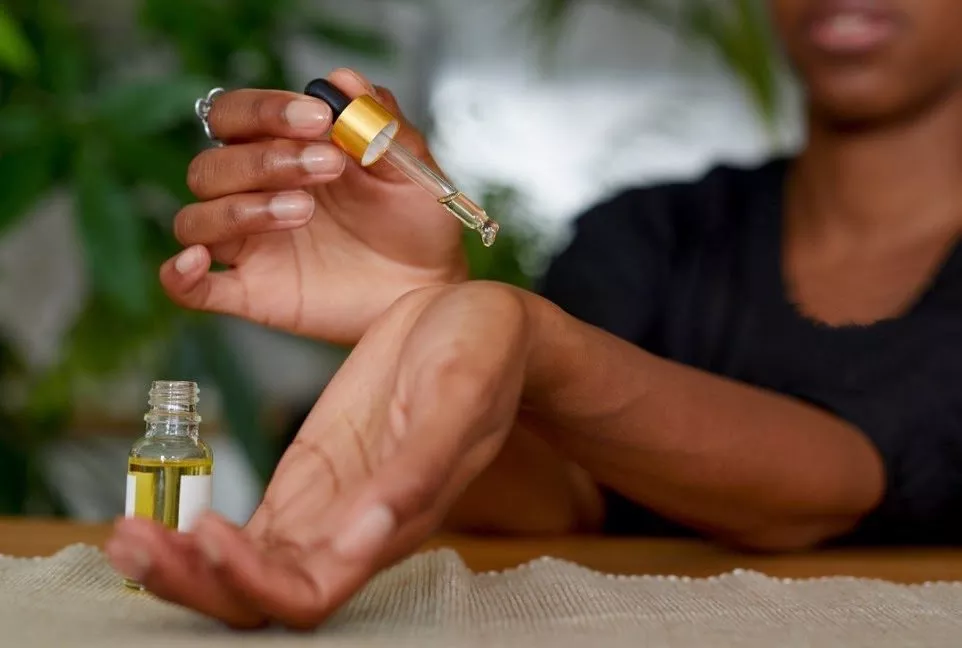
Studies have shown that tea tree oil has anti-inflammatory, antibacterial, and wound-healing properties. Therefore, it may have the ability to relieve dry and itchy skin and prevent infections. Before use, dilute it and mix it with an oily substance such as almond oil.




